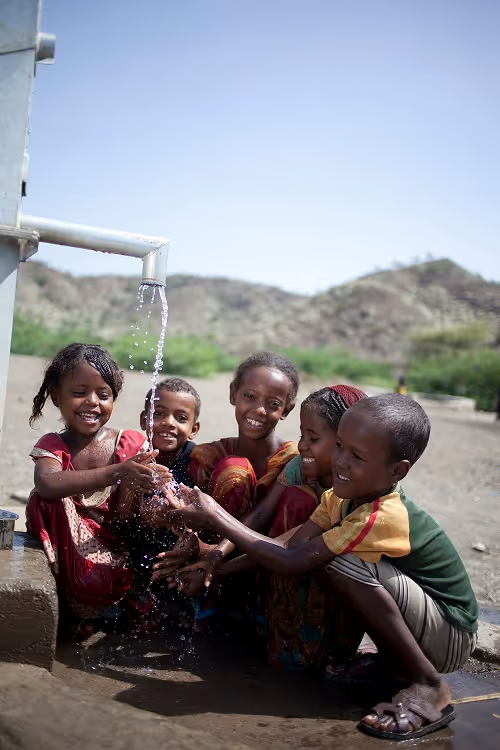Ebola: a crisis of language
Output type
Journal article
Location
No items found.
Focus areas
Scaling innovation
Topics
Ebola
Programme
Humanitarian Innovation
Organisations
Translators without Borders

Language was one of the main difficulties faced by humanitarian workers responding to the Ebola crisis. Information and messages about Ebola are primarily available in English or French, but only a minority of people in the three most affected countries speak either language, and translation is not always integrated into communications by aid agencies. To help address this issue, Translators without Borders (TWB) took a project it was testing in Kenya, Words of Relief, to West Africa. Words of Relief is the first translation crisis relief network in the world.
No items found.
Attachments
Other resources
explore all resources
Handwashing with soap and influencing factors in crisis-affected refugee populations in Kenya and Uganda
Final Report: Self-Examination DNA Swabs Supporting Investigations of Sexual Violence
Radio and Social Media as A Two-Way Communication Tool in Conflict- and Pandemic-Affected Communities in Burkina Faso